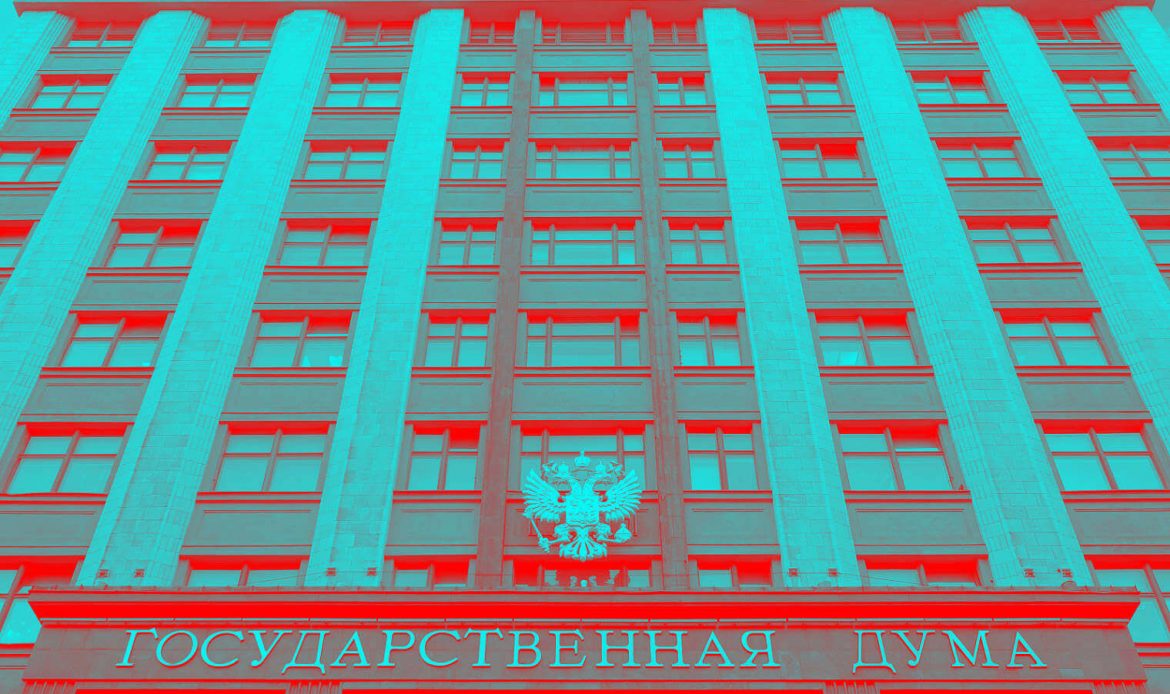
Through the looking glass: the ideas of “free internet” and “sovereign internet” are not mutually exclusive to Russian President Vladimir Putin. Recently, several positive tests were performed by the country that simulated how it would react to a foreign cyber attack.
In February, news broke out that Russia intended to withdraw from the Internet to see what would happen in the event of foreign aggression. To this end, the Russian government had to pass a law requiring Internet service providers to allow all outbound traffic to be monitored and, if possible, to create an isolated RuNet intranet.
The nation carried out a series of unparalleled tests this week to simulate the circumstances of a global cyber attack and its ability to maintain its internal infrastructure while blocking both inbound and outbound traffic. The tests began last week, involving state-run institutions, telecommunications providers and internet companies.
Deputy communications minister Alexei Sokolov told reporters “It turned out that, in general, both authorities and telecommunications operators are willing to respond effectively to potential risks and threats and to ensure that the Internet and the unified telecommunications network operate in Russia.”
In the light of ever-increasing social media influence and cyber attacks, Russia sees the development of a “sovereign internet” as a necessary move. Not much is known about the test details, but a total of 18 attack scenarios have been tested to decide whether federal and commercial telecommunications operators can effectively isolate Russia from the Internet while still enabling access to local networks using a DNS cache. All smartphones in Russia will be pre-loaded with the software and be much like China’s big brother system in the near future.

